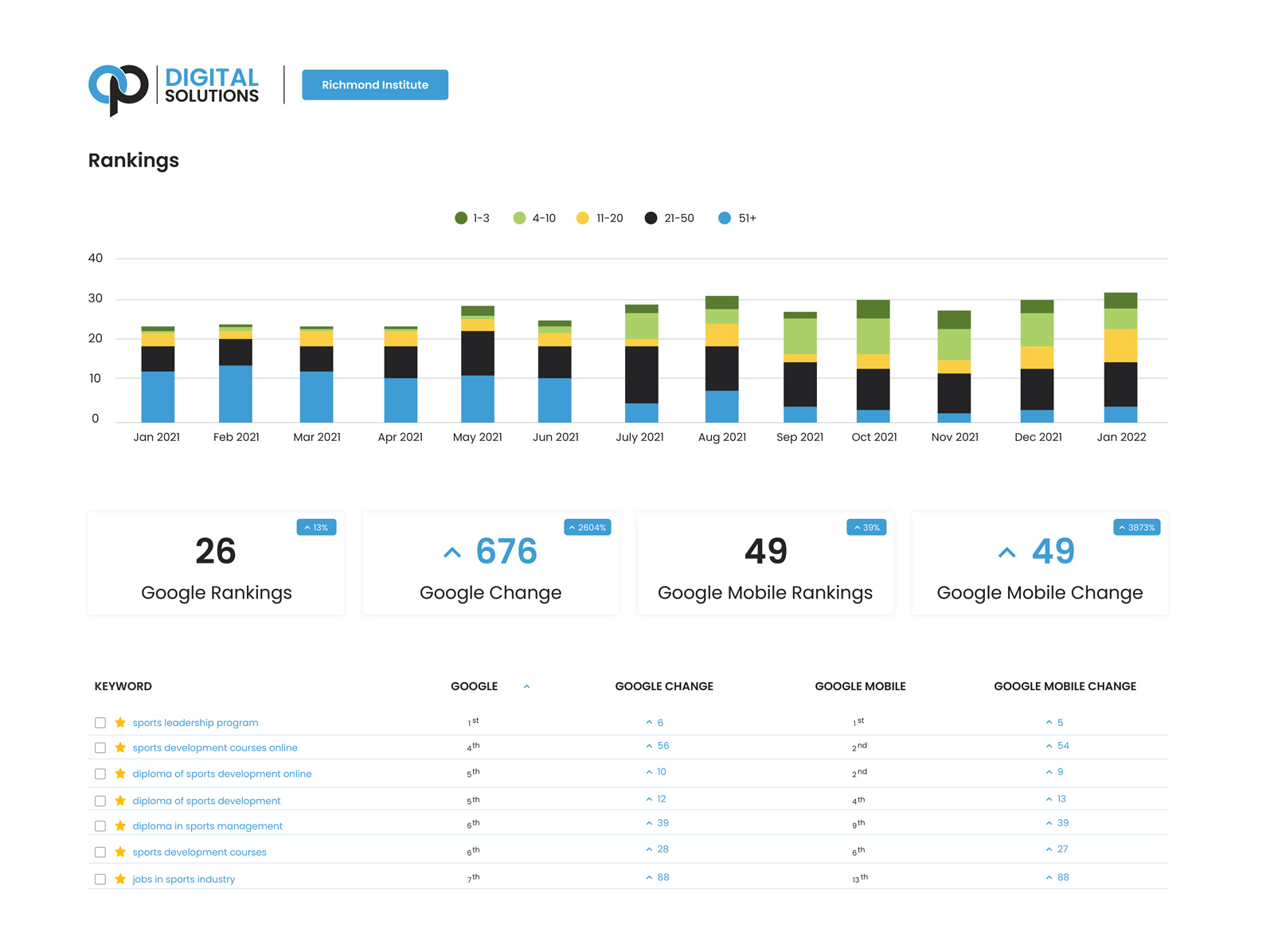Search Engine Optimisation (SEO) stands as a crucial cornerstone for businesses striving to enhance their online presence. However, merely implementing SEO strategies isn’t enough and it’s imperative to measure and analyse their effectiveness. This ensures that your efforts yield tangible results and contribute to your overall marketing goals.
By looking closely at how well your SEO is doing, you can make changes to make it even better. This helps your business to stay ahead and do even better online. So, measuring and checking your SEO is important to help your business succeed online.
Essential Components of SEO Evaluation
Assessing the effectiveness of SEO involves examining various essential components that collectively determine the success of your optimisation efforts. These key pillars provide valuable insights into how well your strategies are performing and their impact on your online presence.
Assessing Keyword Performance
Tracking keyword rankings is essential for evaluating your website’s visibility and performance across targeted search terms. By monitoring how your site ranks for specific keywords, you gain valuable insights into its competitive position in search engine results.
This data enables you to fine-tune your content and optimisation strategies, ensuring they align effectively with user search intents. By continuously refining your approach based on keyword performance, you can strengthen your website’s presence and attract more relevant traffic over time.
Organic Traffic Data
Examining organic traffic metrics unveils vital information about the quantity and quality of visitors directed to your website through natural search channels. By analysing indicators like overall visits, unique visitors, and page views, businesses gain valuable insights into the effectiveness of their SEO strategies.
Understanding these metrics enables organisations to refine their approach, optimise content, and enhance user experience to attract and retain organic traffic.
Evaluating Conversion Performance
Conversion metrics, such as conversion rate, goal completions, and revenue generated, offer valuable insights into the impact of your SEO initiatives on user actions. By tracking these metrics, you gain an understanding of how effectively your optimisation efforts translate into desired outcomes, such as sign-ups, purchases, or inquiries.
This data enables organizations to assess the effectiveness of their strategies and make informed decisions to optimise conversion pathways, ultimately maximising the return on investment (ROI) from their SEO endeavours.
Exploring Backlink Insights
Backlink analysis involves assessing the quantity, quality, and relevance of inbound links directed to your website. These links play an important role in determining your website’s search engine rankings and domain authority.
By scrutinising backlinks, you can gain valuable insights into the credibility and influence of your online presence. Understanding the landscape of inbound links allows you to identify opportunities for improvement, foster strategic partnerships, and enhance your overall visibility and authority in the digital realm.
Assessing User Engagement
User engagement metrics, including bounce rate, time on page, and pages per session, provide valuable insights into how users interact with your website. These metrics reflect the level of interest and engagement users have with your content, indicating its relevance and usability.
By analysing user engagement metrics, you can identify areas for improvement, optimise your website’s user experience, and enhance overall satisfaction. This approach fosters deeper connections with your audience and contributes to improved retention and conversion rates over time.
Significance of Keyword Ranking
Keyword ranking stands as a cornerstone in defining the visibility and competitiveness of your website within search engine results pages (SERPs). This metric showcases where your website stands about specific search terms, dictating its potential to attract organic traffic.
Through diligent analysis of keyword rankings, your businesses uncover valuable insights into lucrative opportunities for enhancing your online presence. By understanding which keywords perform well and which require improvement, you can strategically optimise your content, refine SEO strategies, and tailor efforts to meet user search intents effectively.
Ultimately, a nuanced understanding of keyword ranking empowers businesses to stay ahead in the digital landscape, driving sustainable growth and maximising ROI from their SEO endeavours.
Differentiating Long-tail and Short-tail Keywords
Long-tail keywords are more specific and target niche audiences, resulting in lower search volumes but often higher conversion rates. On the other hand, short-tail keywords have broader appeal but face intense competition.
Long-tail keywords cater to users with specific needs or interests, making them valuable for businesses seeking to connect with a highly targeted audience. In contrast, short-tail keywords attract a larger pool of users but require a more strategic optimisation approach to stand out in competitive search engine environments.
Understanding the dynamics between these two types of keywords is crucial for developing a well-rounded SEO strategy that effectively targets diverse user intents and maximises visibility.
Harnessing the Potential of Conversion Metrics
Conversion metrics act as a critical benchmark for evaluating the effectiveness of your SEO endeavours. They provide quantifiable insights into the degree to which website visitors accomplish predefined goals or objectives. Through meticulous tracking of conversion metrics, you can gain valuable feedback on the success of their optimisation strategies in encouraging desired user actions, such as purchases, sign-ups, or inquiries.
By leveraging this data, organisations can refine their SEO tactics to enhance user engagement, improve conversion rates, and ultimately drive revenue growth. Conversion metrics guide businesses towards optimising their digital marketing efforts for maximum impact and profitability.
Analyzing Backlinks
Backlinks, the inbound links from other websites to yours, hold significant sway over your website’s authority, credibility, and search engine rankings. They serve as vital indicators of your site’s popularity and relevance within its niche.
However, not all backlinks are good for your website. Thorough analysis is essential to discern between valuable assets that bolster your site’s credibility and liabilities that may harm its reputation. By scrutinising factors such as source credibility, relevance, and anchor text, you can develop a strategic approach to backlink acquisition and optimisation, thereby maximising their SEO performance and online visibility.
Perils of Toxic Links
Toxic links are backlinks originating from spammy, low-quality, or disreputable websites. These links pose a significant risk to your site’s credibility and can even lead to penalties from search engines.
Therefore, it’s crucial to identify and disavow toxic links promptly to protect your website’s reputation and maintain optimal SEO performance. By actively managing your backlink profile and eliminating toxic links, you can safeguard your online presence and ensure compliance with search engine guidelines.
Technical SEO Metrics
Technical SEO metrics encompass various factors that directly impact your website’s crawlability, indexing, and overall performance in search engine results. These metrics delve into the intricate details of your website’s backend infrastructure, assessing elements such as URL structure, site speed, mobile-friendliness, and schema markup implementation.
By evaluating these technical aspects, you can identify areas for improvement and optimise your website to enhance user experience and search engine visibility. Leveraging technical SEO metrics effectively enables you to stay ahead of algorithm updates, maintain a competitive edge, and achieve sustained growth in the digital landscape.
Page Speed Insights
Page speed directly impacts user experience and search engine rankings, with faster-loading pages enjoying higher user engagement and improved search visibility. Regularly monitoring and optimizing page speed is essential for maintaining a competitive edge in organic search.
Site Audit Score
Conducting periodic site audits evaluates various technical aspects, including site structure, metadata, and mobile responsiveness, to identify potential issues and opportunities for optimisation. A higher site audit score signifies a well-optimised website primed for improved search engine performance.
Crawling and Indexing Errors
Identifying and rectifying crawling and indexing errors, such as broken links, duplicate content, and crawl budget inefficiencies, ensures that search engines can effectively navigate and index your website’s content, maximising its visibility and accessibility to users.
Final Thoughts
Measuring and analysing the success of your SEO efforts is indispensable for achieving sustainable growth and competitiveness in the digital landscape. By understanding these SEO metrics, you can gain actionable insights to refine their optimisation strategies, enhance online visibility, and drive meaningful results. Continuous monitoring, analysis, and adaptation are key to staying ahead in the dynamic realm of search engine optimisation.















